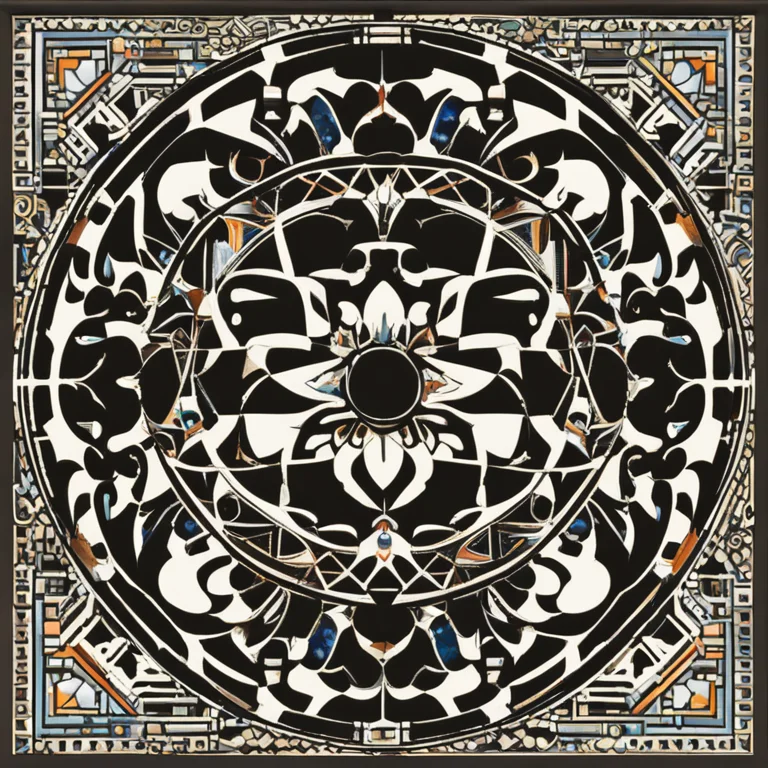
Can Palmistry Foretell the End of Life?
Critically examining the belief in palmistry's ability to predict mortality and the ethical considerations surrounding this controversial topic.
article by Nora Pennington
The Foundations of Palmistry
Palmistry, or chiromancy, is a practice rooted in antiquity, with a rich history spanning across different cultures and civilizations. It purports to reveal individual traits, propensities, and life events through the study of the palm's lines, shapes, and mounts. Despite its age-old following, modernity has ushered in a wave of skepticism, compelling palmists to defend the art's validity against scientific scrutiny. As palmistry intersects with personal destiny, a frequently poised question arises: Can palmistry truly predict the culmination of life, a mystery enshrouded in existential curiosity?

Dealing with the Question of Mortality
The prediction of death through palmistry is laden with controversy and is often viewed through a lens of ethical consideration. Mainstream practitioners typically avoid this prediction, focusing instead on guidance and self-discovery. Moreover, in the palmistry community, it's generally accepted that the lines on one's hand are subject to change, reflecting the dynamic nature of our lives and choices. Nonetheless, some sects within the tradition assert that certain markers can hint at the longevity of an individual.

Interpreting Life Lines
The most prominent marker in question is the 'Life Line.' This line arcs around the base of the thumb, seemingly narrating the vitality and life force of the person. Conventional wisdom suggests a long and unbroken Life Line connotes a long life, while interruptions might signal challenges or health issues. However, the notion that the line explicitly heralds mortality is a common misconception even among enthusiasts; professionals caution against drawing such fatalistic conclusions.

The Ethical Perspective
Ethics in palmistry dictate a sensitivity to the individual's emotional and psychological well-being, prompting most practitioners to adhere to a code of conduct that forbids explicitly foretelling death. The primary objective of a palm reading should be to empower and inspire individuals, rather than inducing fear or resignation. A prediction of death not only crosses moral boundaries but could potentially induce unwarranted distress or influence life choices in detrimental ways.

The Verdict of Modern Palmists
Contemporary palmists lean towards an interpretative rather than a deterministic approach. In 2024, the consensus within the palmistry community increasingly aligns with a holistic and integrative perception of palm readings, viewing the palm as a dynamic roadmap rather than a static prophecy. While some may claim to see markers of life expectancy, these interpretations are subjective and are not widely endorsed in the practice.
Conclusion and Personal Growth
The power of palmistry lies not in its ability to predict a predetermined fate but rather in its potential to shed light on personality traits, strengths, and areas for growth. It offers an introspective tool that encourages people to reflect on their life path and make informed decisions. The notion that palmistry can predict the exact time of death remains unsupported by the majority and is best left to the realm of myth and misconception.
Published: 1/11/2024
Modified: 1/11/2024
More predictions
Come back here soon to learn more about yourself and your future


The Secrets of Palmistry: Interpreting Hand Reading Lines
Delve into the fascinating world of palmistry and discover what your hand reading lines reveal about your destiny, personality, and future.


Jupiter Mount & Palmistry:Exploring The Significance
Delve into the secrets of the Jupiter mount on your palm and discover how it reflects your leadership and ambition.


The Impact of the Jupiter Mount in Palmistry
Discover the impact of the Jupiter Mount on your life through palm reading. Learn about its meaning and significance in palmistry.